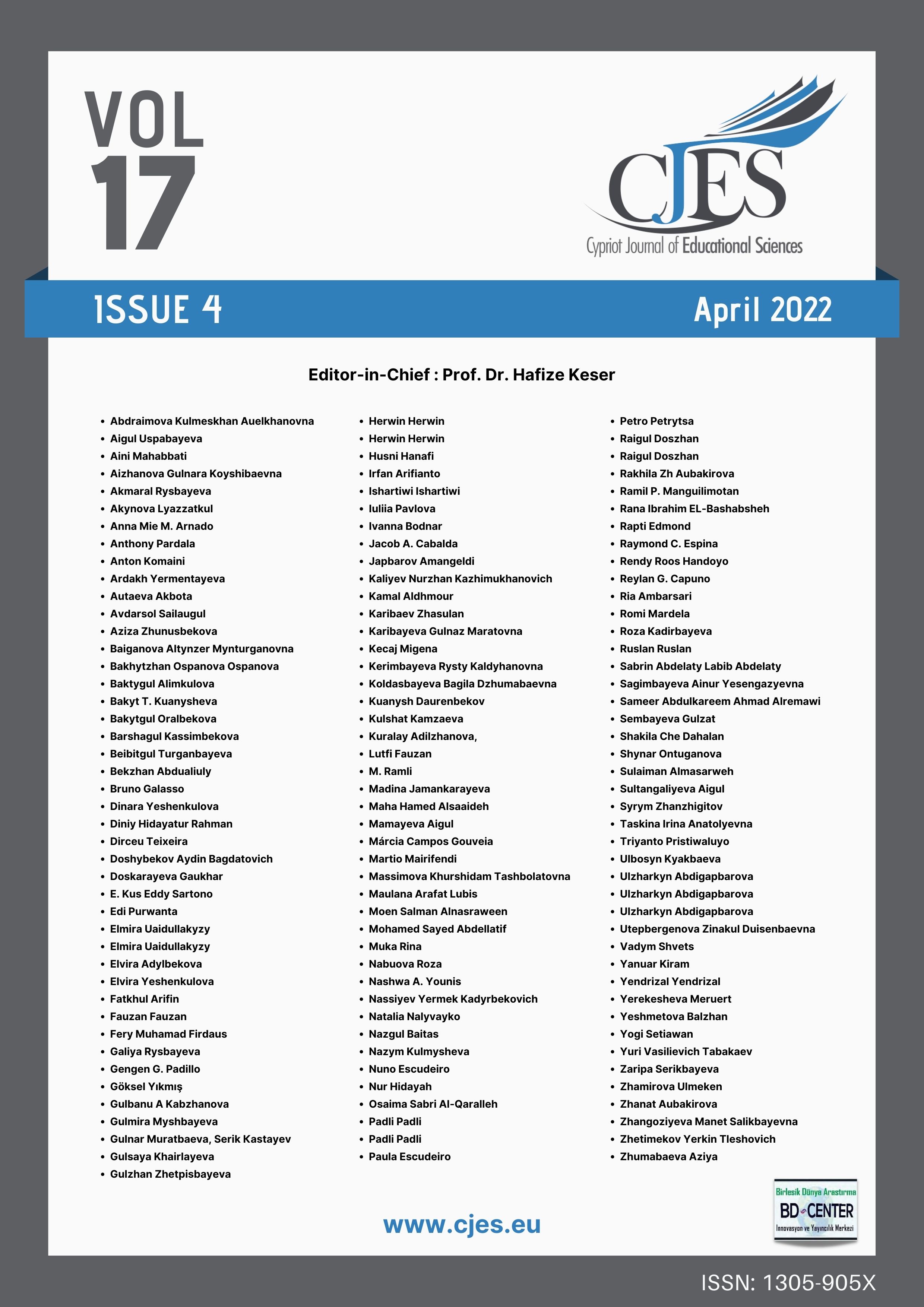Obstacles of teaching distance universities courses in light of E-learning quality standards
Main Article Content
Abstract
The current study aimed to identify the obstacles of teaching courses during distance learning in light of e-learning quality standards. A survey consisting of 21 items was gathered from 146 faculty staff members during the first semester of the academic year (2021–2022). To achieve the objectives of this study, a questionnaire was used after verifying its psychometric properties. The results of the study revealed a moderate level of obstacles to teaching courses in distance education. Moreover, the study findings showed that the most prominent obstacles that face teaching distance courses are that online-tests are not fair in evaluating students, and the absence of direct communication with students affects negatively their understanding of the educational material. The research recommends that distance teaching should be addressed by providing adequate training for faculty members and using computer software such as presentations and interactive applications to eliminate boredom and increase students' interaction.
Keywords: Obstacles, Distance Education, universities, e-learning, quality standards.
Downloads
Article Details

This work is licensed under a Creative Commons Attribution 4.0 International License.
Cypriot Journal of Educational Sciences is an Open Access Journal. The copyright holder is the author/s. Licensee Birlesik Dunya Yenilik Arastirma ve Yayincilik Merkezi, North Nicosia, Cyprus. All articles can be downloaded free of charge. Articles published in the Journal are Open-Access articles distributed under a CC-BY license [Attribution 4.0 International (CC BY 4.0)].
Birlesik Dunya Yenilik Arastirma ve Yayincilik Merkezi (BD-Center)is a gold open-access publisher. At the point of publication, all articles from our portfolio of journals are immediately and permanently accessible online free of charge. BD-Center articles are published under the CC-BY license [Attribution 4.0 International (CC BY 4.0)], which permits unrestricted use, distribution, and reproduction in any medium, provided the original authors and the source are credited.

